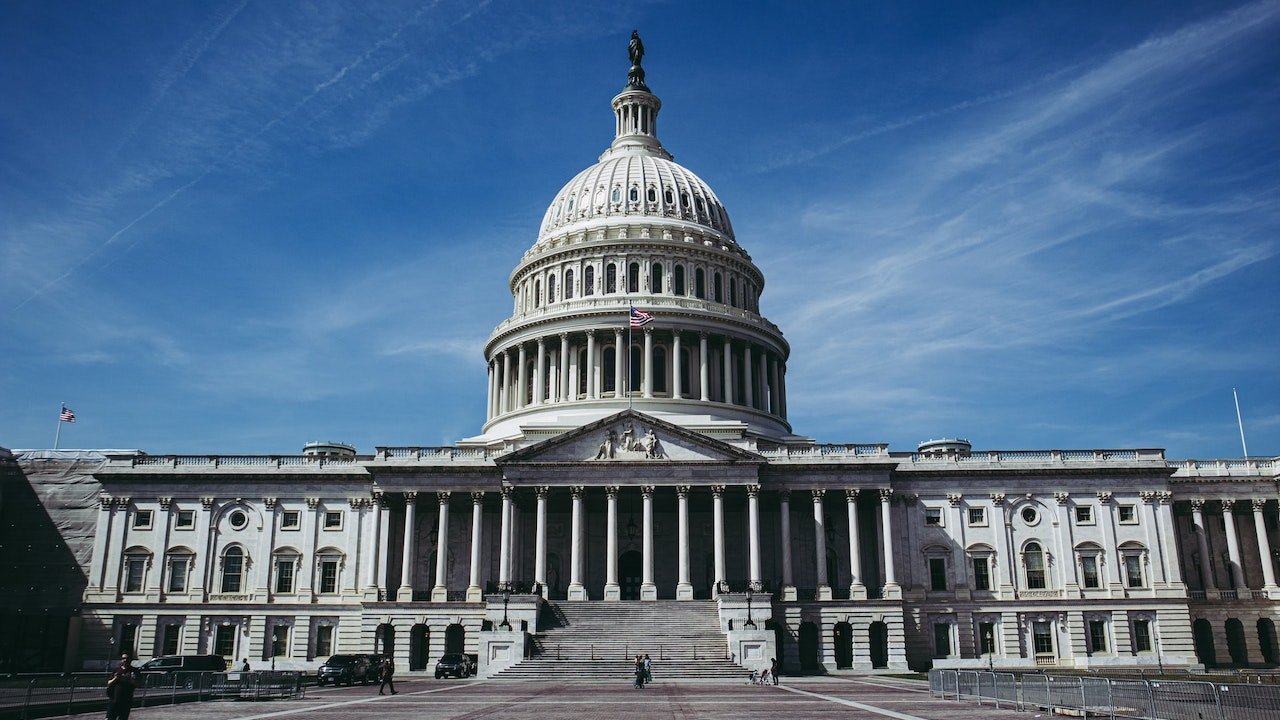Big tech antitrust bill in danger after lobbyist spending spree
Apple, Google, and others have spent $95 million lobbying against a bill that would prevent them from favoring their own services, and between that and the schedule, a vote seems unlikely.
Big Tech firms have been lobbying against the American Choice and Innovation Act since 2021. It's also been subject to delays as Senate Majority Leader Chuck Schumer has been waiting to put the bill to a vote until there is sufficient support.
Now according to Bloomberg, it's a risk of failing because there is so little time left to pass major legislation before the midterms. This is the same problem that it faced before the August recess, but now the Senate is planning to be in session for just two weeks in October before the elections.
The bill would require 60 votes to pass and be sent to the House. It has 13 co-sponsors in the Senate. Since it is a bipartisan bill, some believe that if time were taken to put it to a vote, there would be sufficient support from the currently undecided.
"Once this bill comes to the floor for a vote, we are confident it will pass," said Minnesota Democrat Amy Klobuchar, who introduced the bill with Iowa Republican Chuck Grassley.
There are opponents of the bill within government, including Californian Republican Kevin McCarthy. But if the bill is not voted on in this session, it will have failed and will not return in its current form.
Apple, Google, Amazon, and Meta reportedly spent almost $95 million in lobbying efforts against the bill. The Consumer Technology Association (CTA) — a group that has Amazon, Google, and Facebook as members — says voters are not interested.
"I don't see it going to the floor," said Michael Petricone of the CTA. "With an election coming up, I expect senators to come back and focus on issues that are popular with voters. Tech regulation is not one of those issues."
Big Tech lobbyists argue that the bill's constraints would impact privacy.
However, Bloomberg reports that they are also concerned about how antitrust reform would work under a future GOP majority in the House. Such a majority would likely mean a focus on the allegation that online platforms limit conservative viewpoints.
 William Gallagher
William Gallagher











 Chip Loder
Chip Loder
 Andrew Orr
Andrew Orr
 Marko Zivkovic
Marko Zivkovic
 David Schloss
David Schloss

 Malcolm Owen
Malcolm Owen








